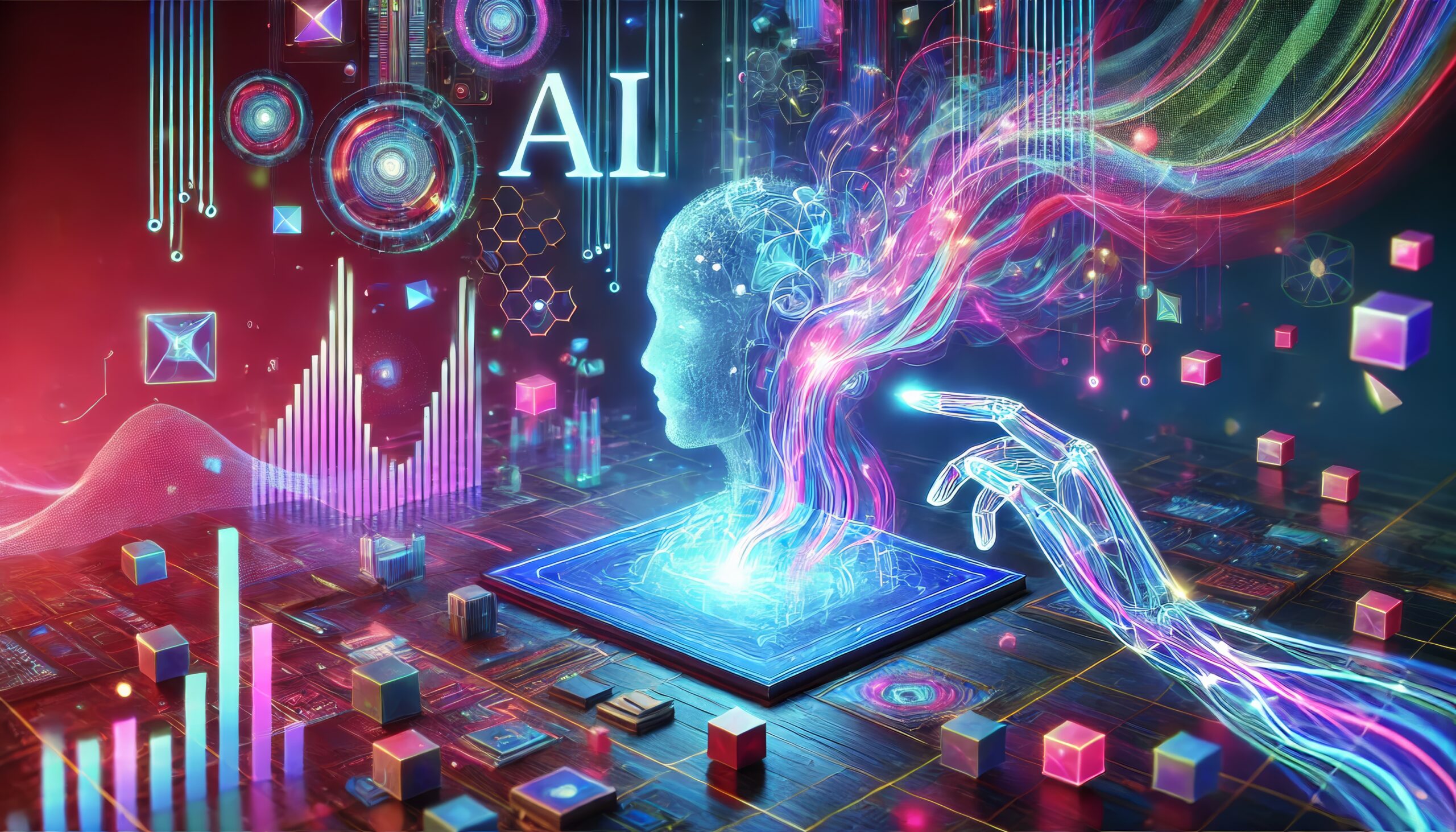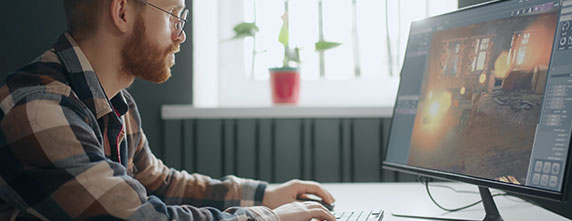
Unlocking New Levels: The Role of AI in Modern Game Creation
As gaming technology evolves, artificial intelligence (AI) is transforming how games are created and played. From enhancing gameplay mechanics to revolutionizing the development process, AI has become an indispensable tool in modern game creation. This article explores the evolving role of AI in game development, its challenges, and its potential for the future.
The Evolution of AI in Games
AI’s journey in gaming began in the 1970s with Atari’s classic Pong. Early implementations were basic, like AI-controlled paddles mimicking human movements. Though rudimentary, these early uses laid the foundation for future advancements.
By the 1980s and early 90s, games like Pac-Man introduced AI-driven enemies following predictable patterns, further refining AI’s role. With the advent of consoles like PlayStation and Nintendo 64, AI became more sophisticated, enabling non-player characters (NPCs) to make decisions, react dynamically, and create lifelike gameplay experiences.
A pivotal moment arrived in 2000 with EA’s The World is Not Enough, where players encountered AI opponents exhibiting tactical behaviors such as flanking and camping. This leap forward revolutionized genres like first-person shooters, paving the way for today’s highly intelligent NPCs.
AI as a Game Development Powerhouse
In recent years, AI has expanded beyond enhancing gameplay mechanics to becoming an integral part of the game development process itself. With advancements in machine learning, tools like GPT-4 and CoPilot are streamlining how games are created.
How AI is Transforming Game Development:
- Automating Creativity: AI tools can generate story ideas, plotlines, and even character concepts, providing developers with creative sparks.
- Accelerating Production: Developers can input parameters and receive AI-generated game mechanics or level designs, drastically reducing time and costs.
- Simulating In-Game Behaviors: AI can simulate relationships, motivations, and interactions, adding depth to game worlds and characters.
Smaller studios, in particular, benefit from these advancements, as AI enables them to achieve high-quality results without the resources of major industry players.
AI in Game Art and Design
AI is also reshaping how game assets are designed. Artists now use AI-powered tools to generate initial concepts for characters, environments, and objects. Generative adversarial networks (GANs) allow developers to input descriptions and receive realistic images that can be fine-tuned by human artists.
Benefits for Artists:
- AI accelerates the concept phase, providing multiple drafts quickly.
- Artists can focus more on refining details and adding emotional depth.
- Tools like GANs and machine learning streamline asset creation, enhancing productivity.
While AI assists in the initial stages, human creativity remains crucial for ensuring designs resonate emotionally with players.
AI in Quality Assurance and Testing
Game testing is a labor-intensive process that has greatly benefited from AI. Using reinforcement learning, developers train AI systems to explore game worlds, perform missions, and identify bugs or glitches.
Advantages of AI in QA:
- AI can perform thousands of playthroughs in a fraction of the time needed by human testers.
- It identifies issues across various gameplay scenarios, ensuring a polished final product.
- This efficiency reduces the overhead costs of manual testing, particularly for large-scale projects.
Challenges and Limitations of AI in Game Development
Despite its many benefits, AI has limitations that require careful consideration.
- Lack of Emotional Creativity: AI struggles to create compelling narratives or emotional experiences that resonate deeply with players.
- Inability to Manage Long-Term Vision: Large-scale projects require narrative consistency and character development, areas where human oversight is indispensable.
- Over-Reliance on AI: Developers must avoid over-reliance on AI-generated elements, as this could lead to games lacking the human touch that makes them memorable.
AI is a powerful tool, but it cannot replace the unique insights and emotional intelligence of human creators.
The Future of AI in Game Creation
Looking ahead, AI’s role in game development is set to grow even further. Developers can expect:
- More Realistic NPCs: AI-driven characters with lifelike reactions and evolving behaviors.
- Procedural Generation: AI creating entire game worlds on the fly.
- Streamlined Workflows: Enhanced tools that empower small teams to achieve big results.
However, the key to success will be blending AI’s efficiency with human imagination. Games will continue to rely on the magic of storytelling, emotion, and creativity—qualities that only humans can bring.



